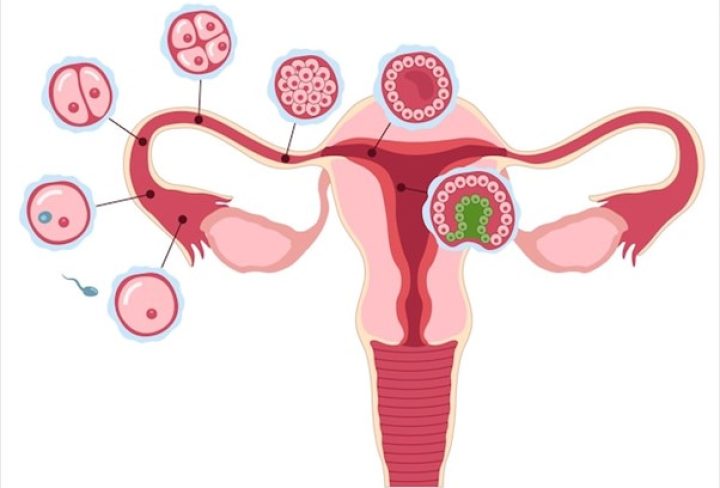Ovarian cysts are fluid-filled sacs that form on the ovaries. Most ovarian cysts are benign and often go unnoticed, but in some cases, they can cause pain and other symptoms.
Symptoms:
Some of the common symptoms of ovarian cysts are:
- Pelvic pain or discomfort
- Bloating
- Abdominal swelling or pressure
- Painful bowel movements
- Painful sexual intercourse
- Irregular periods
- Breast tenderness
- In some cases, ovarian cysts may cause no symptoms at all.
Causes:
Ovarian cysts can occur for a variety of reasons, including:
- Hormonal imbalances
- Endometriosis
- Pregnancy
- Polycystic ovary syndrome (PCOS)
- Pelvic infections
- Ovarian cancer
Diagnosis:
Ovarian cysts can be diagnosed through a physical exam, imaging tests such as an ultrasound, and blood tests to check hormone levels. In some cases, a biopsy may be necessary to determine if the cyst is cancerous.
Treatment:
Treatment for ovarian cysts depends on the type of cyst, its size, and whether it’s causing symptoms. In most cases, doctors will recommend watchful waiting to see if the cyst goes away on its own. If the cyst is large or causing symptoms, treatment options may include:
- Birth control pills to regulate hormones and prevent new cysts from forming
- Surgery to remove the cyst or the entire ovary
- Hormone therapy to shrink the cyst
Prevention:
There is no sure way to prevent ovarian cysts from forming, but there are some steps women can take to reduce their risk. These include:
- Taking birth control pills, which can prevent ovulation and the formation of new cysts
- Maintaining a healthy weight
- Exercising regularly
- Managing conditions such as PCOS or endometriosis
Myth and Fact: Ovarian Cysts
Myth: Ovarian cysts are always cancerous.
Fact: Most ovarian cysts are not cancerous and go away on their own or with treatment. Only a small percentage of ovarian cysts are cancerous.
Myth: Ovarian cysts only occur in women who are postmenopausal.
Fact: Ovarian cysts can occur in women of any age, including those who have not yet reached puberty.
Are ovarian cysts dangerous? A: Most ovarian cysts are not dangerous, but larger or complex cysts or those that are cancerous can pose a risk to health.


